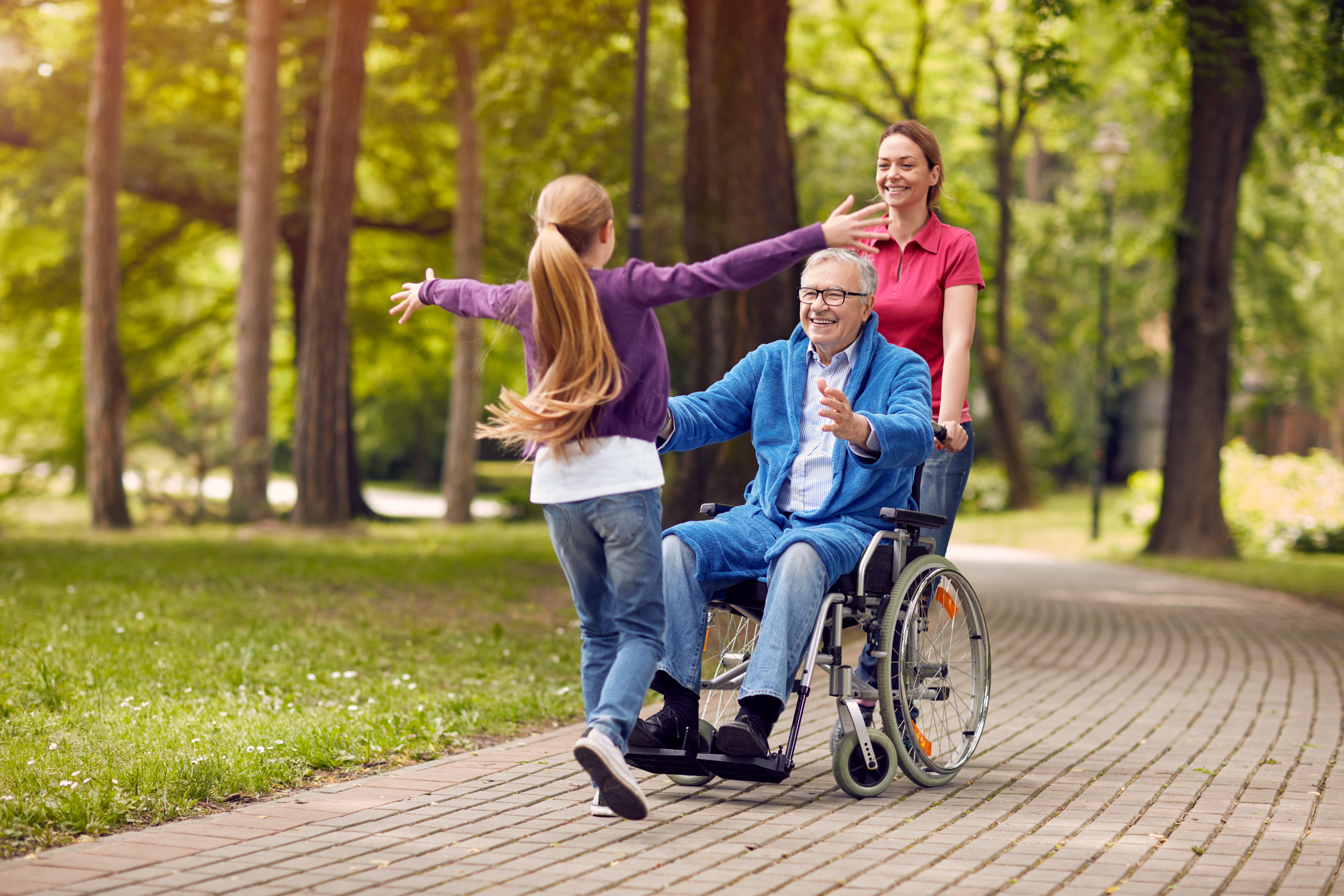Any condition that limits a person from carrying out normal activities is a disability. People with disabilities find carrying out normal day-to-day tasks like walking, eating, dressing, driving, shopping, and even working to make a living difficult. Disabilities can be due to single or multiple causes such as injury, genetics, sickness, environmental factors, or unknown causes. At some point in life, almost everyone will experience some form of disability ranging from mild to severe. While the effect of this can be temporary, at other times its impact can be long-lasting. Understanding how it affects individual lives is the first step to coming up with sustainable interventions.
Disability Types
Yale University classified disability into 5 types: auditory, cognitive, physical, speech, and visual disabilities.
– People who have auditory disabilities suffer mild or moderate deafness in one or both ears.
– Cognitive or Neurological disabilities are a result of neurologic disorders and they affect how people process and interpret information.
– Physical disabilities affect mobility and may be due to paralysis, injury, amputation, or chronic illness.
– Speech disability affects speech. The subject is unable to produce speech that is well understood by others.
– People with a visual disability, experience partial or a total loss of vision in one or both eyes. These include blindness, color blindness, or low vision. It is important to note that disability has different effects on different subjects.
Disability Statistics
According to WHO, the number of persons living with disabilities is at an all-time high at over one billion. This is due to an aging population and the increase of chronic ailments. In the United States alone, one in every four adults has some form of disability with the majority having serious problems with mobility. Children, women, and people living in developing countries experience the hardest hit from disability.
Disability and Health
Adults with disabilities are prone to addiction due to depression, obesity as a result of reduced mobility, and more serious health problems like diabetes and heart disease due to bad eating lifestyle. Apart from the difficulties that come with this debilitating condition, navigating the world at large can be stressful. It is emotional that people living with disabilities are greatly affected by the COVID-19 pandemic. Today, people living with a disability still suffer stereotypes and social exclusion and we all have a role to play in making the world a better place for them by doing the following:
Creating Favorable Work Place Disability Inclusion Policies
Persons living with disabilities play important roles in the economy of a nation. If systems are put in place to incorporate them into every level and area of the economy, they will be more productive. Yet, these special sets of people are mostly unemployed due to unfavorable inclusion policies. Many studies have shown that they have higher job retention and are less likely to be absent from work than persons without disabilities.
Building an All-inclusive Health Plan
Persons living with disabilities get low quality care and suffer higher incidence of chronic ailments than persons without disabilities. Those with physical disabilities rarely find medical practices that are wheelchair accessible. Creating a medical insurance plan that covers the high cost of healthcare will make it more accessible. Also, healthcare providers need to upscale service deliveries for persons living with disabilities.
Social Inclusion Awareness Programs
Exclusion from social events makes it easier for persons living with disabilities to get depressed. Apart from societal stereotypes that make mixing with other people difficult, opportunities for social engagement are limited. Educating members of the local community about the condition will remove certain stereotypes that society has about persons living with disabilities. Although at the moment, many opportunities exist to leverage various platforms for inclusion, there is still room for improvement.
Community Based Support
In a period like this with social distancing in place, many people living with disabilities find getting assisted support and care difficult. The local community has an active role to play in addressing challenges that comes with disability. This is because an effective community-based support system for persons living with disabilities will improve their general wellbeing. Community events where people with disabilities can interact with everyone will make them feel loved and accepted. This will also reduce the rate of depression they experience.
We all have the responsibility to make society more inclusive for people with disabilities. Until we lend our voices, we won’t realize the change we desire.


